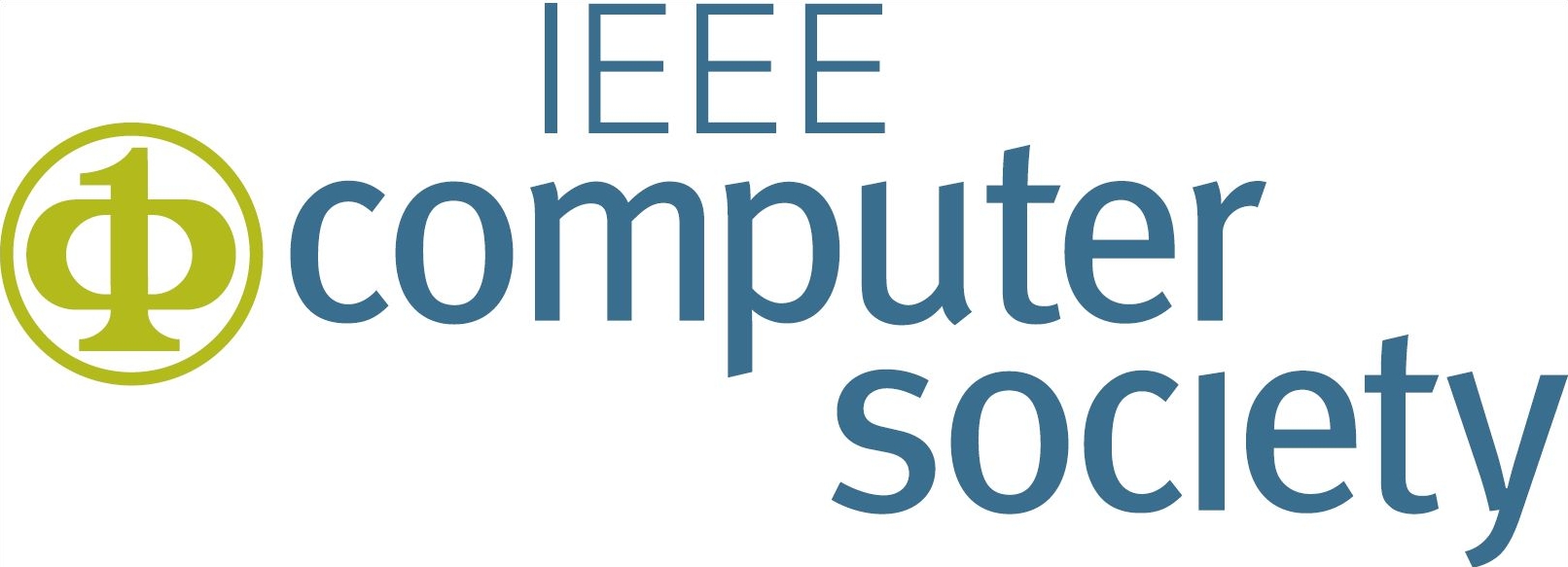





Illumination Invariant Camera Localization Using Synthetic Images
Sota Shoman, Tomohiro Mashita, Alexander Plopski, Photchara Ratsamee, Yuki Uranishi, and Haruo Takemura.
Illumination invariant camera localization using synthetic images.
In Adjunct Proceedings of the IEEE International Symposium for Mixed and Augmented Reality 2018 (To appear). 2018.
[BibTeX▼]
Abstract
Accurate camera localization is an essential part of tracking systems. However; localization results are greatly affected by illumination. Including data collected under various lighting conditions can improve the robustness of the localization algorithm to lighting variation. However; this is very tedious and time consuming. By using synthetic images; it is possible to easily accumulate a large variety of views under varying illumination and weather conditions. Despite continuously improving processing power and rendering algorithms; synthetic images do not perfectly match real images of the same scene; i.e.; there exists a gap between real and synthetic images that also affects the accuracy of camera localization. To reduce the impact of this gap; we introduce "REal-to-Synthetic Transform (REST)." REST is an autoencoder-like network that converts real features to their synthetic counterpart. The converted features can then be matched against the accumulated database for robust camera localization. Our results shows that REST improves matching accuracy by approximately 30\\%.

















